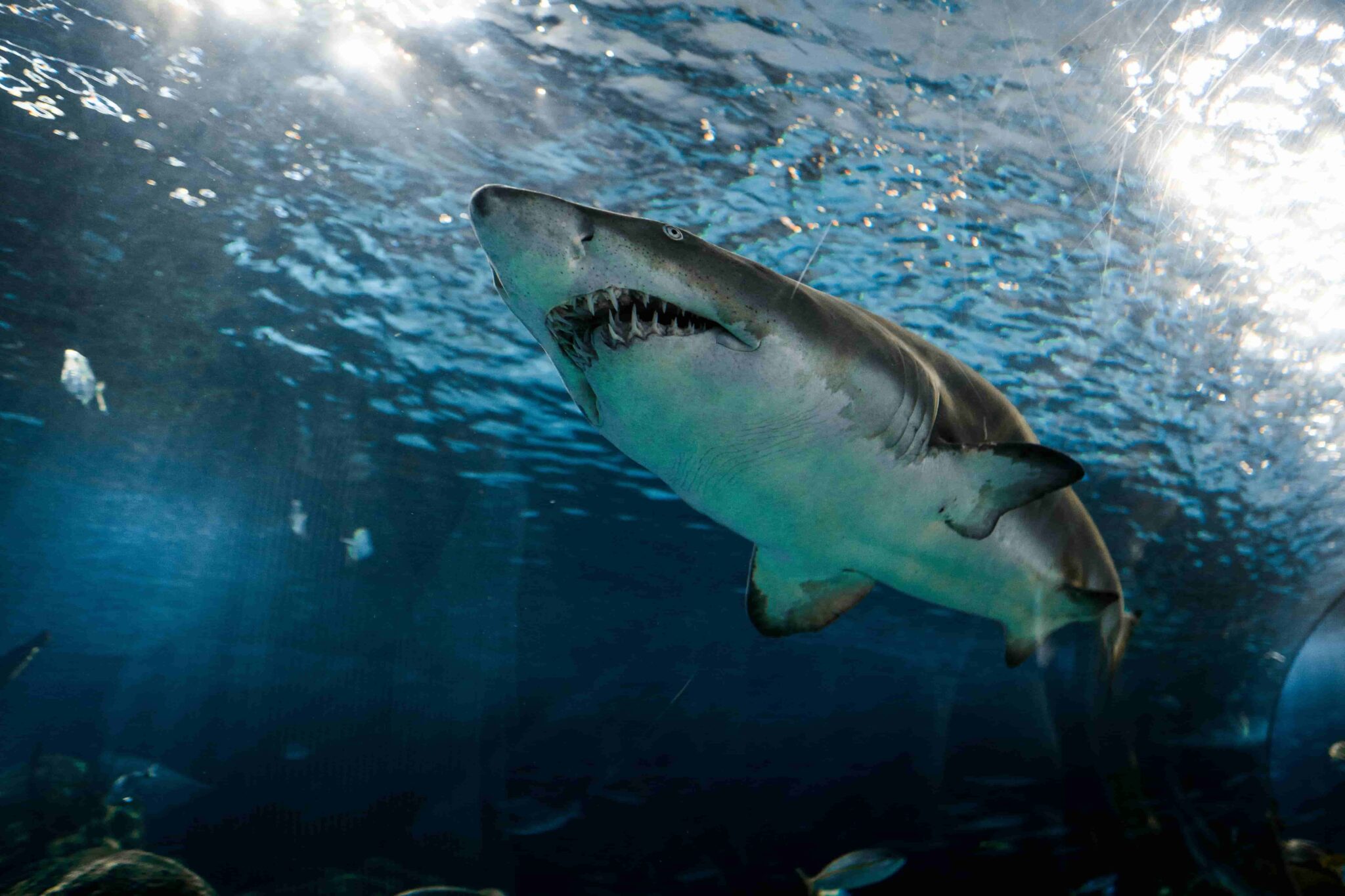By Courtney Cooper
What Should I Know Before Going Shark Cage Diving
So, you’re gearing up for shark cage diving in South Africa and wondering, “What’s the deal with shark behavior before I hop in that cage?” Wherever you’re diving, knowing how these ocean legends tick and turn those nerves into excitement. In this article, we discuss what you should know before going shark cage diving.
We also discuss further shark facts that you might be interested in! Apex Shark Expeditions provides the best shark cage diving in Cape Town.
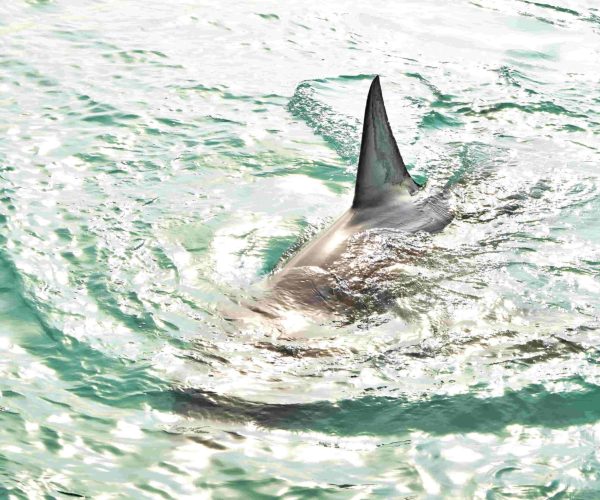
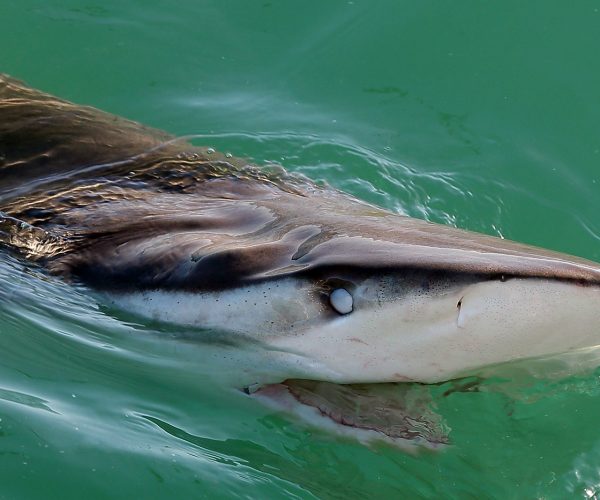
What to Expect on Your First Shark Cage Dive
First off, sharks are not the mindless man-eating creatures Hollywood paints them as. In South Africa, you will most likely meet the Bronze Whaler Sharks, as big as 3.3 meters, the ancient Seven-gills, roughly about 3 meters, and the odd Great White at +- 4 meters. Research from the 2025 South African Journal of Marine Science shows they’re curious, not bloodthirsty—90% of their approaches to cages are investigative, not aggressive. They’re drawn by vibrations or scents, from the many fish in False Bay (SANParks 2025 data).
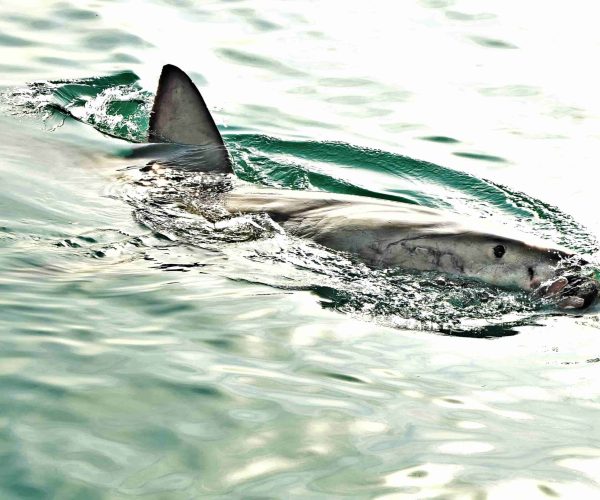
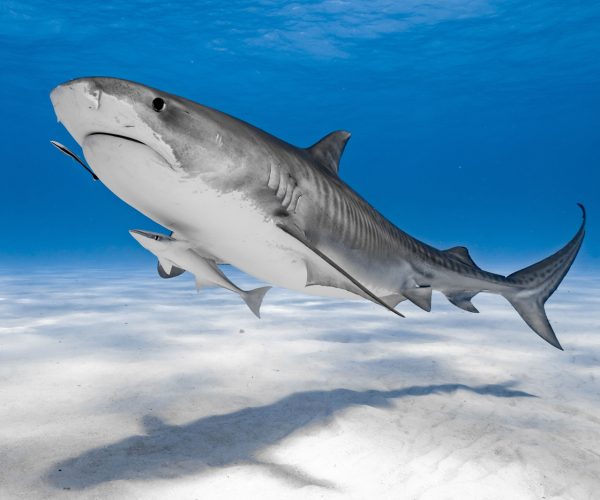
We are not on the menu—sharks prefer seals’ 30% fat content over our lean frames (Marine Biology 2025). A 2025 X trend confirms zero shark cage diving injuries in South Africa in over a decade. They’ll swim within a meter, not your ticket. Operators brief you: stay calm, no dangling arms—easy rules for a 95% sighting success rate.
So, “Are sharks aggressive near cages?”—No! They’re more like nosy neighbors than attackers.
Their senses are at the next level. Sharks detect blood in the water from 500 meters away, thanks to an olfactory system picking up 1 part per million (Shark Research Institute 2025). Vision’s sharp too—10 times better than ours in low light, perfect for False Bay’s low visibility waters. That is why operators like Apex Shark Expeditions avoid chumming excessively—it’s unnecessary when sharks can hear your boat’s 600 Hp hum from a kilometer off. Before you dive, expect them to circle the cage at 2-3 km/h, sizing things up—normal behavior, not a hunt.
Bite force? Impressive but controlled. A Great White’s jaw clocks 18,000 Newtons (think 1,800 kg of pressure), per a 2025 Marine Dynamics study, but they rarely test it on cages. Those 6 mm galvanized steel bars, rated for 1,000 kg of force.
“Do sharks attack cages?”—No! They might nudge or mouth it (5% of encounters), but it’s curiosity, not fury.
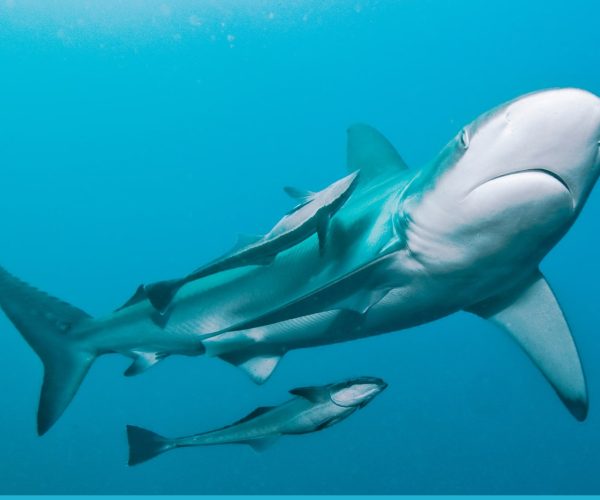
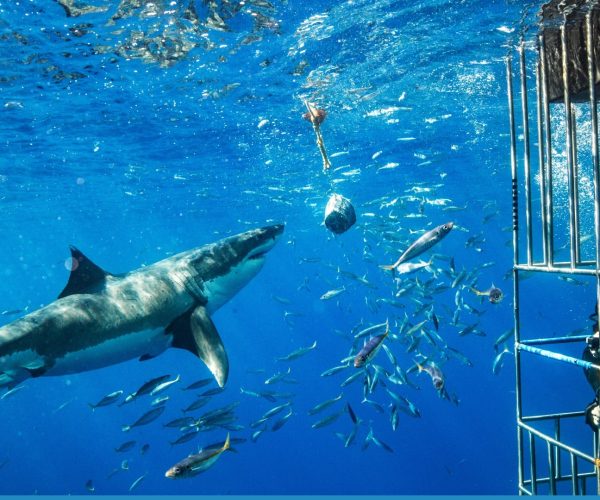
“When’s the best time to see sharks from a cage?”—all year round.
So, before you step into that cage off Cape Town, know this: sharks are smart, sensory wizards—not mindless killers. With South African operators averaging 3-4 hour trips, you’ll see nature’s apex predators in their element, safely behind metal. Ready to dive in? It’s less Jaws, more jaw-dropping!
Apex Shark Expeditions provides the best shark cage diving in Gansbaai. We also look at how shark cage diving compares to other extreme water adventures.

